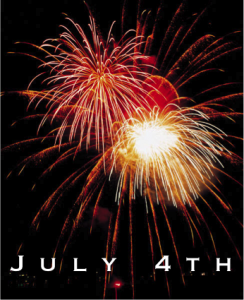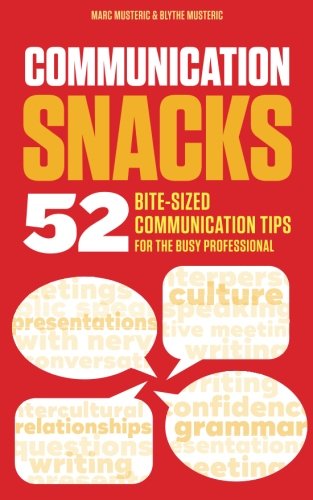Americans celebrate a variety of holidays, many reflecting our position as a melting pot of cultural and religious backgrounds. The following list of holidays is not intended to include each and every American holiday, but rather to provide a list of those holidays that have long-established traditions linked to their celebrations:
December 31st/January 1st – New Year’s Eve/New Year's Day
For celebrating new beginnings.
On December the 31st (New Year’s Eve) the last day of the year is celebrated with boisterous parties involving food, noisemakers, and champagne. The New Year is greeted at midnight with shouts of “Happy New Year!” Sometimes people hug and kiss whoever is standing next to them. On New Year’s Day itself, friends and family typically gather in an informal celebration of eating, drinking, and watching American football. Offices are closed on this day. Some restaurants and shops have limited hours.
February 14th – Valentine’s Day
For celebrating love and friendship.
Couples and family members give or send each other Valentine cards, flowers, and/or candy. Couples also typically go out for a romantic meal. School children bring Valentine cards to give to each child in their class. Office workers sometimes bring chocolate to share with each other, but there is no requirement to do this. People also like to wear red. You may hear people say, "Happy Valentine's Day" to one another. Offices are open on this day. Restaurants are often very busy on this night, so it is a good idea to make reservations.
 July 4th – Independence Day
July 4th – Independence Day
For celebrating the birthday of America.
More frequently referred to as “the Fourth of July,” the date in 1776 when the “Declaration of Independence” was signed. Families and friends gather for food, typically an informal barbeque or picnic. Communities often have parades, and the day’s celebrations end with a fireworks display. You may hear people say to one another, "Happy 4th." or "Happy 4th of July." Many offices are closed on this day, and retail shops, and restaurants often close early.
October 31st – Halloween
For having scary fun.
Traditionally a religious day for remembering the dead, Halloween is now a popular cultural holiday for attending (in costume) parties with a “scary” theme involving ghosts, witches, and “jack-o’-lanterns” (candle-lit pumpkins that are carved with faces). Children in costumes roam from house to house during the evening, expecting candy in response to their shouts of “Trick or Treat!” You may hear people say, "Happy Halloween" to you. Offices, shops, and restaurants are open on this day.
November (the third Thursday of the month) – Thanksgiving
For being thankful with family and friends.
The main attraction of a Thanksgiving celebration is its elaborate feast, that traditionally includes roasted turkey, gravy, stuffing, cranberry sauce, mashed potatoes, sweet potatoes or yams, green bean casserole, and pies (usually pumpkin, pecan, and/or apple). The Macy’s Thanksgiving parade is often playing in the background on TV as preparations are made, and football games are often watched later in the day. It is common for family and friends to gather around a large table to eat this dinner. People will say, "Happy Thanksgiving" to each other. The day before Thanksgiving is often said to be the busiest travel day of the year. Offices are closed on this day, and many retail stores and restaurants close early. (Grocery stores usually have limited hours.)
The day after Thanksgiving, known as Black Friday, is the start of the Christmas shopping season. Most retail stores open very early in the morning and advertise big sales. It is common for people to wait in line the night before the store opens to get the best deals. Many offices are closed on this day, but all retail shops are open.
December 25th – Christmas
For Christians, celebrating the birth of Christ.
Celebrated by Christians and non-Christians alike, Christmas is a huge cultural celebration involving elaborate decorations, special treats, and festive music. “Holiday parties” (the secular way to include people of all beliefs) take place in a variety of settings, e.g. at work or school, throughout the month of December. On either Christmas Day or on Christmas Eve (depending on the family) gifts are exchanged and an elaborate feast is served. During the month of December people say "Merry Christmas" or "Happy Holidays" to one another. Offices, shops, and restaurants are closed on this day. (Grocery stores usually have limited hours.)

 About MyOvient
About MyOvient Contact Us
Contact Us


